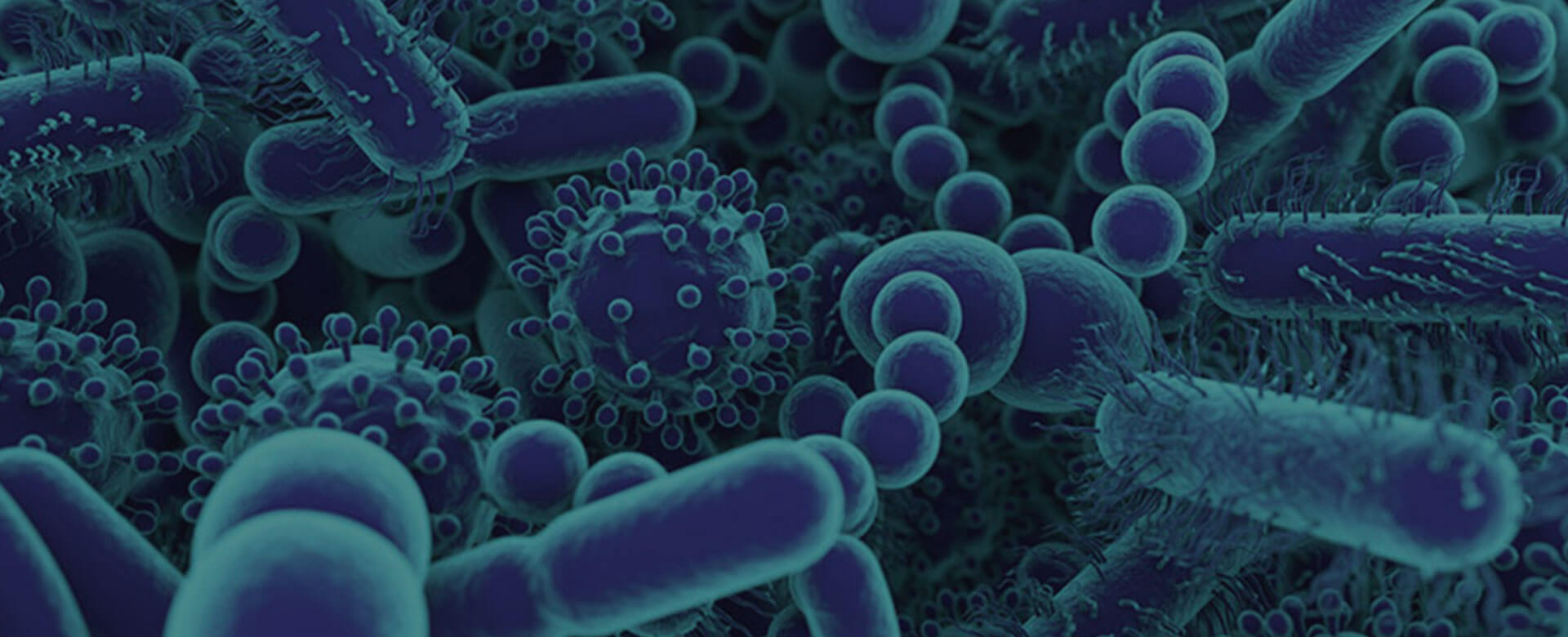The vaginal microbiome as headquarter of a woman’s wellbeing.
The vaginal microbiome helps preventing both urogenital infections and cervical cancer. Let’s discover what is it and how we can promote its wellbeing.
Microbiome and microbiota: what are they?
Microbes (bacteria, viruses, protozoan and fungi) have been living on Earth for billions of years, where they could proliferate without human being. On the contrary, a world without microbes would soon become a lethal environment for animals – and for humans as well.
It is known that bacteria, protozoan, viruses and fungi live also into the human body ad on its surface: on the skin, in the respiratory and urogenital tracts, and (especially) in the digestive tube. A human being carries more microorganism than stars in the Milky Way. Together, these microbes form the so-called microbiota and can weight up to 2-4 Kg; the totality of the genetic material of these microbes is instead called the microbiome.
Microbiota and microbiome are fundamental for human life. In fact, they play a role in immune defenses protection and good functioning; at the same time, they play a role in inflammation. A large part of bacteria living in our body is concentrated in our colon, where they are 100 billion (belonging to thousands of different species) each gram of intestinal content.
The vaginal microbiome
Even if less famous than gut microbiome (also called “the second brain”), the vaginal microbiome is really important for the wellbeing of women of every age. It plays a pivotal role in pH balance and allows them to avoid bothersome ailments such as urogenital infections.
Vaginal microbiome composition changes during a woman’s life. At birth it is different than during childbearing age, pregnancy, breastfeeding and at menopause. When it is well balanced, lactobacilli represent the most abundant bacteria population; these microbes are responsible for the maintenance of the typical vaginal acidic pH.
Vaginal dysbioses include all the situations in which vaginal microbiome is not well balanced. Factors that can influence vaginal microbiota balance include sexual activity, hygiene, systemic diseases, antibiotics, immunosuppressants, radiotherapy, and injuries. Dysbiosis are associated with vaginitis, pain during sexual intercourses, and infections such as candidiasis or cystitis.
Promoting a well balanced vaginal microbiome is important not only to prevent urogenital infections, but also to prevent cervical cancer, the third most frequent cancer in woman worldwide. In fact, researchers recently demonstrated a link between dysbiosis, human papillomavirus (Hpv) and cervical cancer.
Hpv is believed to be the most important cause of Cin (Cervical Intraepithelial Neoplasia) and of cervical adenocarcinoma. It seems that vaginal microbiome is associated with Hpv infection, reactivation, persistence or regression, and to Cin severity too.
Vaginal microbiome analysis
For all these reasons, assuring vaginal microbiome balance is important for a woman’s wellbeing. Fortunately, it is simple to monitor: all is needed is a test that can be performed at home.
With its test, called MICROBALANCE, Bioscience Institute allows you to find out the composition of your vaginal microbiota to adopt, with the support of qualified clinicians and nutritionists, a suitable eating plan, to identify effective treatments to avoid urogenital infections recurrence, and to take in consideration food supplements consumption.
For more information on the test, visit MICROBALANCE webpage or call us at +971 (0)4 375 7220.
References:
Edwards SM et al. The Maternal Gut Microbiome During Pregnancy. MCN Am J Matern Child Nurs. 2017 Nov/Dec; 42(6):310-317.doi: 10.1097/NMC.0000000000000372
KhoudiaDiopa K et al. Exhaustive repertoire of human vaginal microbiota. Human Microbiome Journal 11 (2019) 100051. doi: 10.1016/j.humic.2018.11.002
Kyrgiou M et al. Does the vaginal microbiota play a role in the development of cervical cancer? Transl Res. 2017 Jan; 179: 168–182. doi: 10.1016/j.trsl.2016.07.004
Kwasniewski W et al. Microbiota dysbiosis is associated with HPV-induced cervical carcinogenesis. Oncol Lett. 2018 Dec; 16(6): 7035–7047. doi: 10.3892/ol.2018.9509
Nuriel-Ohayon M et al. Microbial Changes during Pregnancy, Birth, and Infancy. Front Microbiol. 2016 Jul 14;7:1031. doi: 10.3389/fmicb.2016.01031
Pacelli S et al. Il microbiota umano: funzioni biologiche e interrelazioni con lo stile di vita e alimentare. La rivista di scienza dell’alimentazione, numero 1, gennaio-aprile 2016, anno 45.
Stapleton AE. The Vaginal Microbiota and Urinary Tract Infection. Microbiol Spectr. 2016 Dec;4(6). doi: 10.1128/microbiolspec.UTI-0025-2016


